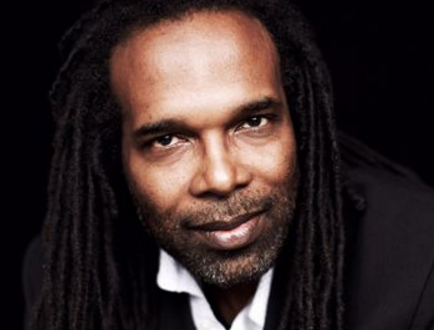Happily Collegial, Even in Conflict

Dr. Jonathan Smith, Vice President of Diversity and Community Engagement
As I sat down to read the November 16 issue of the UNews, I was struck by the luminous constellation of student-authored op-ed pieces in that issue.
Among them, Grant Mayfield, Jaryn Blackshear-Bryant, and Betsy Daly addressed some of the most pressing and difficult issues of the day on America’s college campuses. By turn, each one of them exhorts our own campus community to dialogue and accountability around separate sets of issues that are the stuff of both my personal and professional life. From the Clock Tower Accords to handling campus bias incidents, from the 353 Redevelopment plans to efforts to create and maintain communities in which respectful, vigorous and civil disagreement remains possible, these are among the matters that occupy considerable amounts of my workdays as VP of diversity and community engagement. On an almost daily basis, doing this work requires me to navigate broad differences of identity and ideology within our community. It requires me and my staff to listen intently. To recognize the underlying emotion to the words. To understand fears, anxieties and joys. To see opportunities to act constructively and collaboratively.
But there was something else about these op-eds that struck me. They brought me back to my undergraduate career as a young student and activist. When my most important CSO memberships were to the Organization of Black Unity, the Third World Center, and the People’s Front for the Liberation of South Africa. (And, yes, the People’s Front was a CSO at Princeton.) I hear in the voices of Betsy, Jaryn and Grant a sentiment best characterized as the “fierce urgency of now” first invoked by Martin Luther King, Jr. on August 28, 1963 in the same moment he articulated his famous intergenerational dream for his children. Through these contemporary voices, I hear again the important position occupied by college students; by a young generation that always spurs us to faster action and greater accountability to dismantle the large structures of racism, racial health disparities, urban poverty.
When I think back to my college activist years and the times my friends and allies passionately and fiercely shared our urgency, our relationship with Princeton’s leadership was more often adversarial than collegial. I am grateful now that this is not the fundamental character of my administrative relationship with our student activists. The work I am charged with has provided me the chance to sit with and have long conversations with Jaryn, Grant and Betsy about life, activism, education, and social change. We have done so with honest, constructive dialogue about how our identities and ideologies overlap and diverge. I do not expect, or even hope, that we will all come to a moment when we agree on every point of policy, politics, or process here at SLU or in our nation. Instead, I believe that we can work to achieve a community in which all of our voices are fully honored; a community in which each voice can fully participate as coworkers who affect change on and off our campus.
Your donation will support the student journalists of Saint Louis University.



